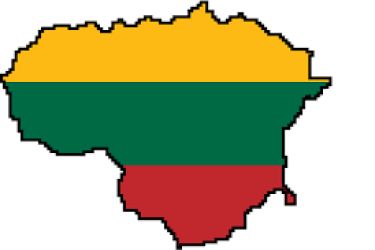
As of our last update, Lithuania offers various work and residence permits for non-EU/EEA nationals depending on the nature and duration of the work. Here's a general overview:
1.General Employment: This is for non-EU/EEA nationals who have received a job offer in Lithuania. The employer typically begins the process, and in some cases, they need to prove that there isn't a local who can do the job.
2.EU Blue Card: Intended for highly qualified non-EU citizens. To qualify for an EU Blue Card in Lithuania, one usually needs to have higher education or professional experience and a work contract or binding job offer with a certain minimum salary threshold.
3.Students: Students from outside the EU/EEA enrolled in Lithuanian educational institutions can work a certain number of hours without a separate work permit.
4.Researchers and Scientists: For those affiliated with recognized institutions or research projects.
5.Traineeships: This is for trainees or interns who might be part of specific programs or agreements.
6.Seasonal Workers: Non-EU/EEA nationals can come to Lithuania for seasonal work in particular sectors (like agriculture). This type of permit is usually valid for a shorter duration compared to other work permits.
7.Intra-Corporate Transfer (ICT): This type is for managers, specialists, or trainee employees who are transferred within the same company from a non-EU country to work in an entity in Lithuania.
8.Start-up Visa: Lithuania offers a start-up visa for founders who wish to launch innovative and scalable businesses in Lithuania. The country has been promoting itself as a hub for start-ups, and this visa aims to attract international entrepreneurs.
9.Self-Employment: Foreign nationals wishing to operate their businesses can apply for a permit under this category, but certain conditions and requirements must be met.
10.Short-Term Employment: For temporary assignments and projects, a short-term work permit might be granted.
It's important to note that the requirements, processes, and categories can change over time. Thus, it's always a good idea to consult the official website of the Migration Department under the Ministry of the Interior of the Republic of Lithuania or seek advice from an immigration expert for current and detailed information specific to individual circumstances or Talk to our experts.
